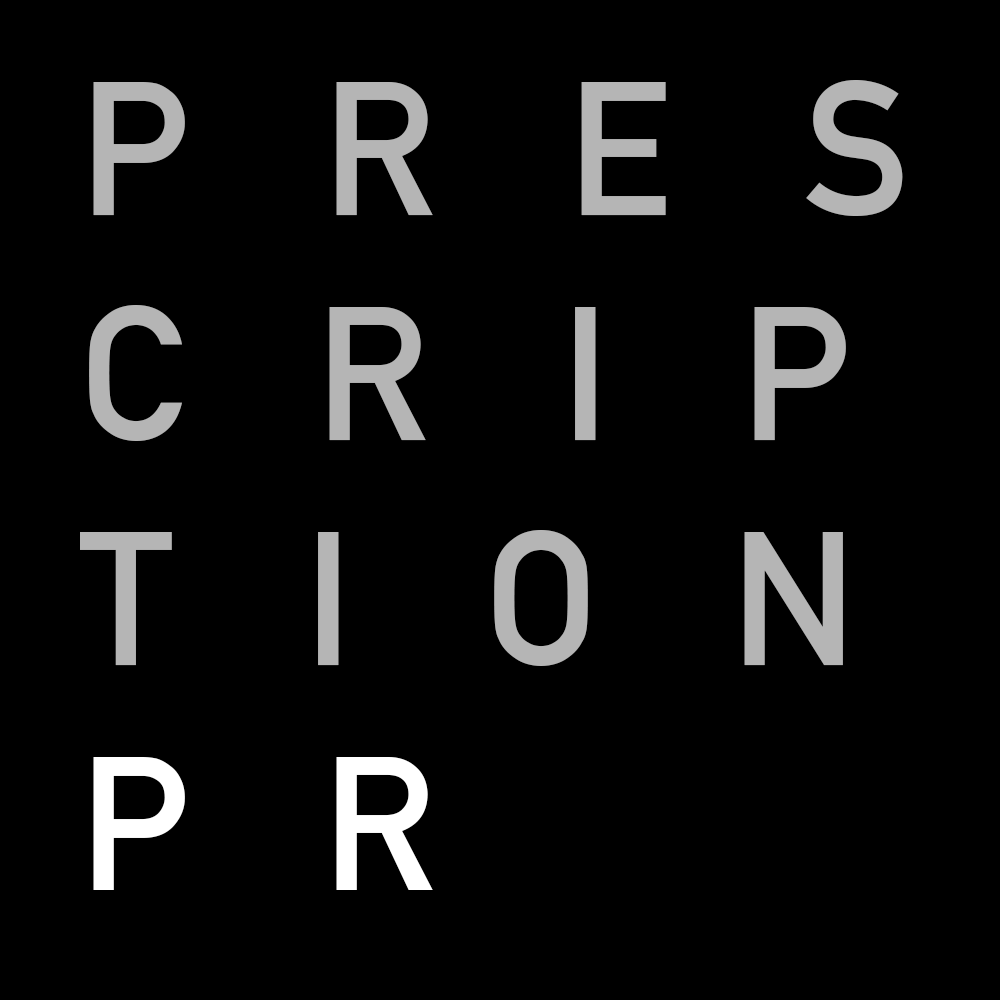What is music publishing?
Admit it - when you first thought about donning the leather pants and aiming for rock stardom, you didn’t really spend much time thinking about things like copyright, licensing, mechanical royalties and synch deals: all important aspects of music publishing. No, you were more concerned about your choice of guitar and the backstage rider.
However - particularly in today’s music industry, where selling a CD seems like an altogether antiquated practice - music publishing is a hugely important thing, regardless of what sort of music you make. This is because it can often generate far more income than physical music sales (or kickstart them).
So what is it, exactly?
It's all about the money
In a nutshell, music publishing is all about ensuring that the songwriting royalties that you are due are being collected and put in your bank account.
Music publishers will typically ensure that you are receiving all the income due to you from:
Mechanical royalties - royalties that you are owed every time a piece of music you’ve written is manufactured on a CD, downloaded on a digital music site, or streamed.
Performance royalties - royalties owed to you whenever one of your compositions is broadcast or performed in public.
Licenses for synchronization - fees due to you if one of your compositions is used in a film, TV commercial etc.
Licenses for sampling - fees due to you if one of your compositions is used as part of another track.
Print rights for sheet music - fees due to you if somebody likes your music so much they feel compelled to print sheet music versions of your songs.
A music publishing company’s first task is to ensure that all the above types of royalties are going into your bank account, but if you are lucky enough to be working with a a good music publishing company, they will also be out there pushing your music hard to people who might want to pay to use it: for example other artists, labels, advertising companies and movie makers.
In exchange for the above services, you agree to give your music publisher an agreed share of any revenue your songs generate.
What about performing rights organisations?
By now you’re probably freaking out about all the money you’re losing by not having a music publisher. Well, although having a music publisher can be hugely beneficial to your career and your wallet, you can still ensure that you’re getting royalties due to you by joining a performing rights organisation. In the UK, that’s PRS for Music — an organisation that licenses its members’ musical compositions and lyrics, and collects royalties every time they are played in public, broadcast on radio or TV, used on the internet or copied onto physical products.
What the PRS and similar performing rights organisations won’t really do however is proactively push your music to advertisers, film companies, labels or artists - and that’s why it’s good to work with a music publisher if you can (so long as they’re a good one with a history of pitching their clients' music hard to individuals and organisations who might pay to use it).
A little bit clearer? Hope so. However, the above is just a brief introduction to music publishing - it is a complex and oft-misunderstood aspect of the music industry, and there's lots more to learn about it. For more information on how it all works, you could do worse than check out the guide to music publishing and synchronisation over at Music Gurus, which delves in depth into the key topics associated with music publishing, including:
copyright
publishing contracts
how to find a music publisher
synchronisation
You can check out the Music Gurus guide to music publishing here.


